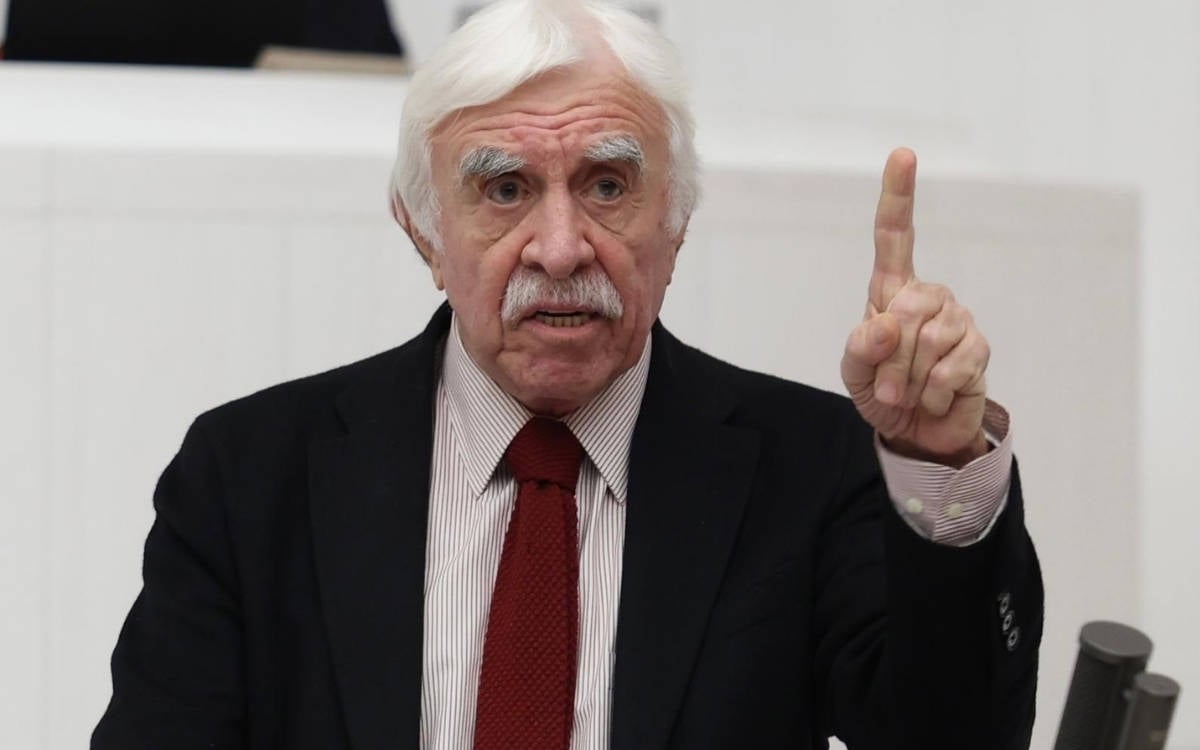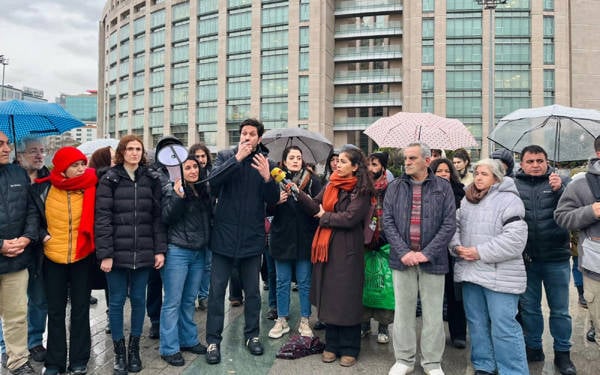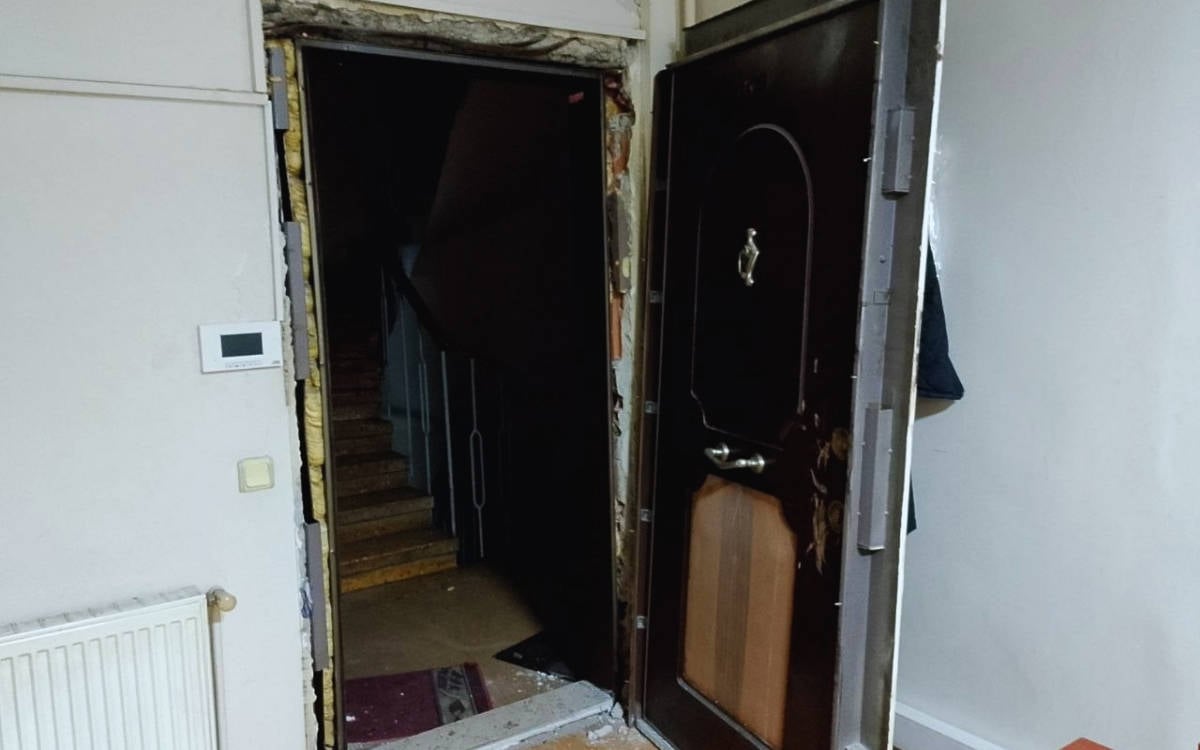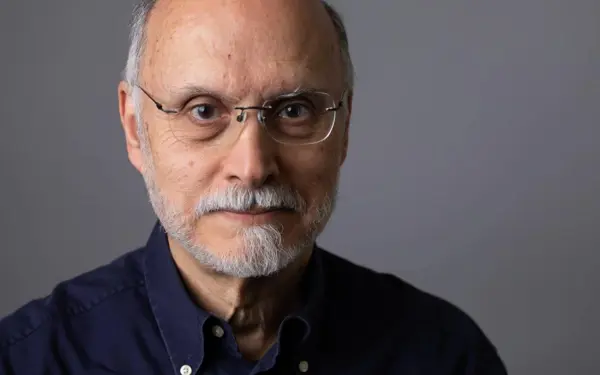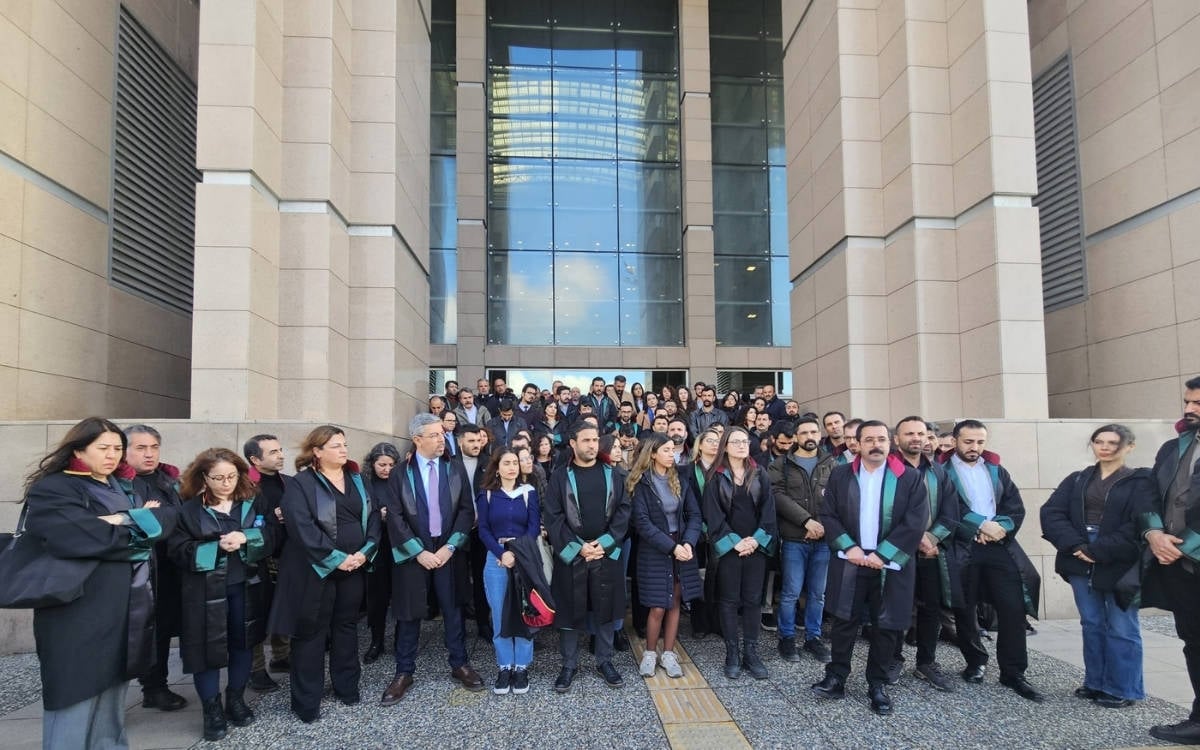Click to read the article in Turkish
"Kenan and I only fought once. One evening we'd been drinking rakı. I noticed Kenan had a car antenna in his hand. He'd broken the antenna off a Mercedes because it was a rich-man's car." Faik Kubilay, friend
"He taught in the evenings, and during the day he did sales work for extra money. He sold shopping bags to stores. If he hadn't been taken from us on 1 May 1977, he was going to get married that summer." Muammer Başkent, friend
Kenan Çatak was a teacher and member of TÖB-DER. He taught at the Kabataş School of Commerce. He was only 31 years old when he lost his life in Taksim Square.
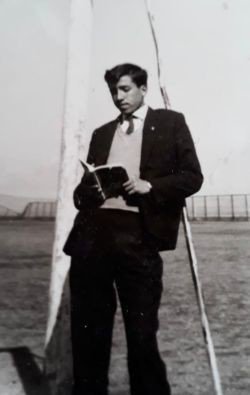
According to the autopsy report, the cause of his death was rib fractures as a result of compression of the chest and pulmonary contusion, as well as cerebral oedema and mechanical asphyxia.
He taught classes at school in the evenings, and during the day he worked a second job to earn extra money for his wedding.
Until now, all that was known about Kenan Çatak was that he was a night-class teacher at the Kabataş School of Commerce and a member of TÖB-DER. No relatives had spoken about him, neither had any of his friends.
When I set out to learn more about Kenan Çatak, I found that every year without fail, his friends would honour his memory in different ways. They remember the day they lost him as though it were yesterday.
They too wanted to talk about their friend, and for others to know his story. Most of all, they wanted people to know what kind of friend he was, and that, had he not lost his life on 1 May 1977, he would have got married that summer; they wanted people to understand what had been taken from him.
When I learned that Kenan Çatak had been planning to get married in the summer of 1977, I asked his friends about his fiancée. I tried to find out about how she had coped with her loss, how her life had changed after Kenan's death, and where she was now, but I learned that Kenan's friends had lost touch with her after his death. They only knew that she was from Iğdır, where the couple had held their engagement ceremony.
We hear about Çatak from his childhood friend from Iğdır, Faik Kubilay, and his close friend Muammer Başkent...
Faik Kubilay, friend:
Kenan and I grew up together in Iğdır. Then we became teachers and ended up in Istanbul. He was a teacher at the Kabataş School of Commerce, I was at Kasımpaşa High School. We came to Istanbul around 1970-75. Those were our first years of teaching, we weren't even in our thirties yet.
I moved there from Kars, where I was a member of TÖB-DER. Kenan's first appointment was in Istanbul, so he joined the organisation there.
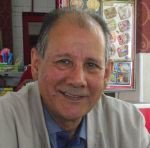
Kenan's mum was a housewife, his father was a civil servant. The Çataks were known for being an educated, hard-working family; they were well respected in Iğdır. Kenan was no different. I also knew his sibling. We used to meet up occasionally, but after Kenan died, we lost touch too.
Whenever Kenan and I spent time together we always laughed a lot. We'd go to TÖB-DER together, join in their activities. We'd read books and go to poetry readings.
We were enthusiastic, progressive, patriotic.
We spoke with Cüneyt Arkın
When the day came, we went to the First of May rally together. Me, Kenan and Muammer Başkent were all together. We knew we might lose each other in the crowd, so we agreed on a meeting point, and said we'd meet at Çiçek Pasajı after the rally.
We walked arm in arm. We even saw the actor Cüneyt Arkın and stopped to talk with him. Towards the end of the demonstration I left the square and headed towards Çiçek Pasajı, where I waited for Kenan and Muammer.
"Run"
I didn't know about what had happened. They told us, "Don't hang around here, run, the police are rounding people up." I went out and looked along İstiklal Street, and the police really were tossing people into their vans left and right. We didn't understand what was happening.
When I got home, I turned on the radio and heard there'd been an incident. They were reading out the names of the people who had died, but at that time, they read out a different name, not Kenan Çatak. It never even occurred to me that Kenan might have been amongst those killed.
The next day
But the next day we learned that Kenan was dead. We went to the Institute of Forensic Medicine to collect his body. His father was there too and we spoke. We decided to take Kenan's body to Iğdır.
There were three or four of us in front of the Institute of Forensic Medicine, talking about the demonstration and our friend's funeral. A police officer came over to us. I don't know how, but they'd been recording us, they played it back to us. They said, "Don't even think about organising a demonstration or a protest or whatever or we'll arrest you too."
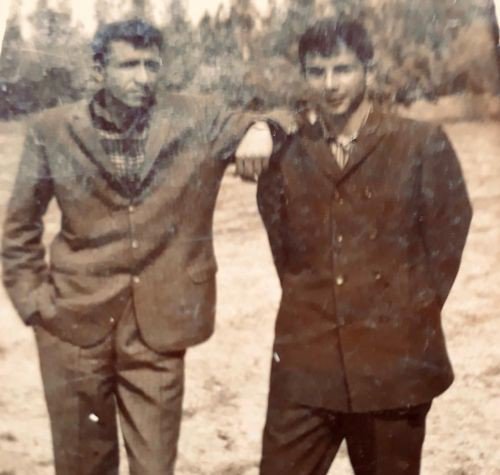
In Iğdır
His father told me to ask around and find out if Kenan had any debts. After looking into that, we sent his body to Iğdır.
In Iğdır, members of the ultranationalist Grey Wolves tried to stop his body being brought into the village. But back then the village of Melekli was known for being a democratic place. Some friends intervened and challenged them, saying, "Who do you think you are to try and stop this?" And so there was this fight about it.
He didn't want a big wedding
Kenan would often come to our house, he was very fond of my youngest daughter and was very affectionate towards her. My daughter was very young though, so unfortunately she doesn't remember him.
Kenan was engaged, and he was making preparations for the marriage. He didn't want a big wedding ceremony though, I remember that. He wanted to get married in an official service and then go away on holiday over the summer.
Teaching
Kenan was a teacher who always did anything he could to help his students. Our basic principle was this: In the classroom, the students will look at how the teacher behaves and learn from that.
We didn't need to bandy about revolutionary slogans in the classroom. I went to his school one day and saw how much his students loved him. He was like a friend to them.
There is not a single person who knew him who could say that Kenan was a bad person or that they had ever fought with him.
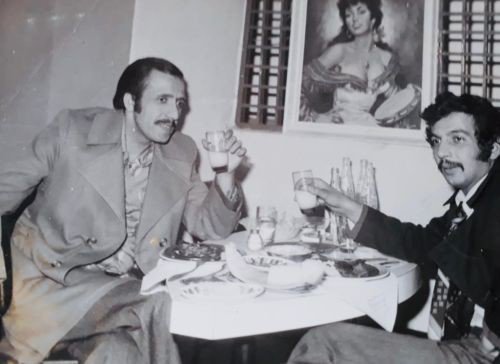 İstanbul, Çiçek Pasajı on İstiklal Street
İstanbul, Çiçek Pasajı on İstiklal Street
Antenna
Kenan and I only fought once, for example. One evening we'd been drinking rakı. I noticed Kenan had a car antenna in his hand. He'd broken the antenna off a Mercedes because it was a rich man's car.
I was really angry at Kenan for breaking off the antenna because he'd damaged someone's property. Then Kenan too accepted that what he'd done was wrong and wouldn't achieve anything for us.
This is how I remember Kenan: Bubbly, cheerful, someone who lit up the room and got on with everyone, a very good friend...
Muammer Başkent, friend:
Kenan Çatak and I were from the same town. We became friends in the first year of middle school and our friendship lasted until Kenan died.

We both taught in Istanbul and shared a flat. We lived in Nişantaşı. We found a flat, the owner was living in Italy, and rented it to us rather than leaving it empty. We never had any problems as flatmates either, Kenan was a really good flatmate.
I came to Istanbul in 1970; I think Kenan came at around the same time.
1 May
In 1977 he was getting ready to get married. He taught in the evenings, and during the day he did sales work for extra money. He sold shopping bags to stores.
On 1 May we left the house and Kenan and I walked through Gümüşsuyu to Beşiktaş. Then we started walking from Beşiktaş to Taksim. When we reached Taksim, the group in front of us was in higher spirits than we were.
Kenan left us
Kenan left us, saying "You guys are boring, I'm going to join those kids over there." I stayed with the TÖB-DER group. Everyone was very happy and in good cheer. We saw that demonstration as a victory gained in the name of socialism.
As Kemal Türkler was giving his speech, a group started to enter Taksim Square from the direction of Tarlabaşı. The sound of gunshots came from over by Kazancı Slope. There were tanks, they started to move and there was huge panic. We fled straight away, we weren't expecting anything like that.
After we'd all fled the square, we went to a café in Aksaray where we'd often go. The names of the dead were read out on the radio, but at first the names read out were different. It was only later that we learned we'd lost Kenan.
His father came
The next day, his father came and we met with him. I still don't have the words to describe that moment. Pain? Anger? I still can't describe it.
He told us we had to go to the morgue. We went, and they showed us photos. I saw Kenan's photos, he had head wounds. That's where words fail, I'm afraid.
We collected his body in utter silence; his father took him to their hometown.
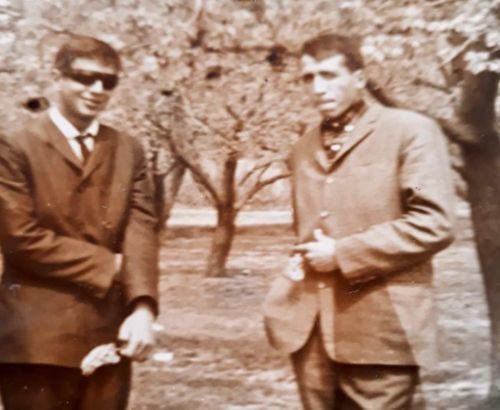
A good person
Kenan was a good person. He was friends with everyone. He was a socialist but wasn't a member of any particular fraction. He found value in every struggle in the name of socialism, he'd support them and work with those groups.
He believed that every movement that contributed to socialist thought deserved respect. The aim had to be the same. That's what I remember most from our discussions.
Saying that he was a good person might sound like a cliché, but being a good person was precisely what defined him. In short, Kenan wouldn't even hurt a fly, he never harmed anyone... (TY/APA/VK)
About Tuğçe YılmazJournalist, editor, researcher. "1 May 1977 The Voices of Those Who Lost Their Loved Ones / 1 May 1977 and Impunity" she was engaged in this dossier as a researcher, reporter, editor and writer. Her articles, interviews and reports are published in outlets such as bianet, BirGün Book, K24, 5Harfliler, Gazete Karınca and 1+1 Forum. She graduated from Ege University, Faculty of Literature Department of Philosophy. She was born in Ankara in 1991. |
 |
| This text was created and maintained with the financial support of the European Union provided under Etkiniz EU Programme. Its contents are the sole responsibility of "IPS Communication Foundation" and do not necessarily reflect the views of the European Union. |
CLICK - 1 May 1977 e-book is online
The ones who lost their lives on 1 May '77The ones whose loved ones we could talk to: Ahmet Gözükara (34, teacher), Ali Sidal (18, worker), Bayram Çıtak (37, teacher), Bayram Eyi (50, construction worker), Diran Nigiz (34, worker), Ercüment Gürkut (27, university student), Hacer İpek Saman (24, university student), Hamdi Toka (35, Seyyar Satıcı), Hasan Yıldırım (31, Uzel worker), Hikmet Özkürkçü (39, teacher), Hüseyin Kırkın (26, worker), Jale Yeşilnil (17, high school student), Kadir Balcı (35, salesperson), Kıymet Kocamış (Kadriye Duman, 25, hemşire), Kahraman Alsancak (29, Uzel worker), Kenan Çatak (30, teacher), Mahmut Atilla Özbelen (26, worker-university student), Mustafa Elmas (33, teacher), Mehmet Ali Genç (60, guard), Mürtezim Oltulu (42, worker), Nazan Ünaldı (19, university student), Nazmi Arı (26, police officer), Niyazi Darı (24, worker-university student), Ömer Narman (31, teacher), Rasim Elmas (41, cinema laborer), Sibel Açıkalın (18, university student), Ziya Baki (29, Uzel worker), The ones whose loved ones we did/could not talk to: Aleksandros Konteas (57, worker), Bayram Sürücü (worker), Garabet Akyan (54, worker), Hatice Altun (21), Leyla Altıparmak (19, hemşire), Meral Cebren Özkol (43, nurse), Mustafa Ertan (student), Ramazan Sarı (11, primary school student) The ones only the names of whom are known: Ali Yeşilgül, Mehmet Ali Kol, Özcan Gürkan, Tevfik Beysoy, Yücel Elbistanlı The one whose name is unknown: A 35-year-old man |
The voices of those who lost their loved ones: 1 May '77 and impunity
Political panorama of Turkey-1977
Film industry worker Rasim Elmas, 41, died in Taksim
Construction Worker Bayram Eyi, 50, died in Taksim
Teacher Bayram Çıtak, 37, died in Taksim
High School Student Jale Yeşilnil, 17, died in Taksim
Teacher Kenan Çatak, 31, died in Taksim
Teacher Ahmet Gözükara, 33, died in Taksim
Teacher Hikmet Özkürkçü, 39, died in Taksim
Student-laborer Niyazi Darı, 24, died in Taksim
University student Nazan Ünaldı, 19, died in Taksim
Teacher Ömer Narman, 31, died in Taksim
Laborer Ali Sidal, 18, died in Taksim
Counterperson Kadir Balcı, 35, died in Taksim
Student Hacer İpek Saman, 24, died in Taksim
Factory Worker Kahraman Alsancak, 29, died in Taksim
Laborer Hüseyin Kırkın, 23, died in Taksim
Student Ercüment Gürkut, 26, died in Taksim
Public order police officer Nazmi Arı, 26, died in Taksim
Laborer Mahmut Atilla Özbelen, 26, died in Taksim
Factory worker Hasan Yıldırım, 31, died in Taksim
Itinerant salesperson Hamdi Toka, 35, died in Taksim
Security Guard Mehmet Ali Genç, 60, died in Taksim
Factory Worker Ziya Baki, 30, Died in Taksim
Laborer Mürtezim Oltulu, 42, Died in Taksim
Teacher Mustafa Elmas, 33, Died in Taksim
Student Sibel Açıkalın, 18, died in Taksim
Laborer Diran Nigiz, 34, died in Taksim
1 May 1977 & Impunity
'The state is implicated in this crime, perpetrators must be put on trial'
'If you can't find the killers, you can't remove the stain'
'The perpetrators of the 1 May 1977 massacre got away with it'
Remembrance as a matter of dignity and the fight against impunity
Who is hiding the truth and why?





.jpg)
